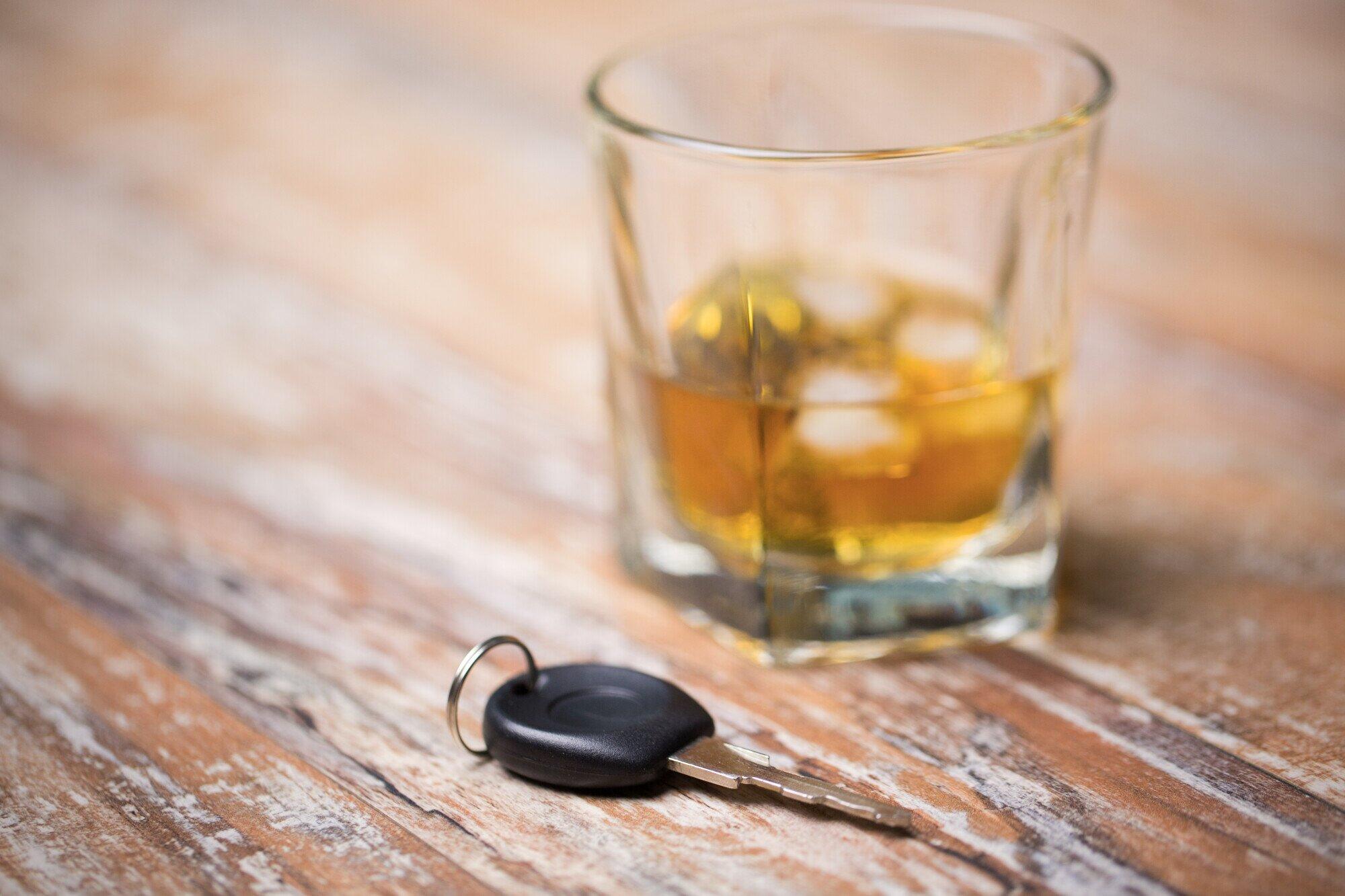Don’t let the court process intimidate you. Knowledge is power. Read below to take the mystery and anxiety out of the DUI court process.
The Start of The Process.
“Your first court date is called the arraignment.”
The process starts, of course, with an arrest. At the time of your arrest you should have received a pink piece of paper, which is essentially your new temporary license to drive. I say temporary because unless we can stop the suspension or get it delayed at your DMV hearing, your license will be suspended 30 days after your arrest. Your first court date is called the arraignment. This is the court date where you will plead not guilty and typically your lawyer will get the initial reports for the prosecutor. Remember, if you have an attorney, he or she can go to court for you.
A Chance to See If the Case Will Settle.
Typically, the second court date you’ll have is the settlement conference. Again, remember that if you have an attorney all this can be done without you having to come to court. As the name suggests, settlement conference is designed to see if the defense and prosecutor can come to an agreement. The court requires that the parties meet and confer about the case and any offers.
Many Cases Include Motions Filed By Your Attorney.
“A common pre-trial motion in DUI cases is what is called a suppression motion.”
While not every case will include motions, many will, and your attorney needs to know which ones to file and how to argue them. A common pre-trial motion in DUI cases is what is called a suppression motion. This motion is designed to attack the legality of the initial traffic stop and try to get evidence (like a breath test or observations) thrown out of court.
Sometimes It Takes a Trial.
Most folks know what a trial is. It’s more likely a case can be dismissed, or a deal made than going to trial, but trial may very well be the best option in your case. Your attorney needs to be an experienced trial attorney.



